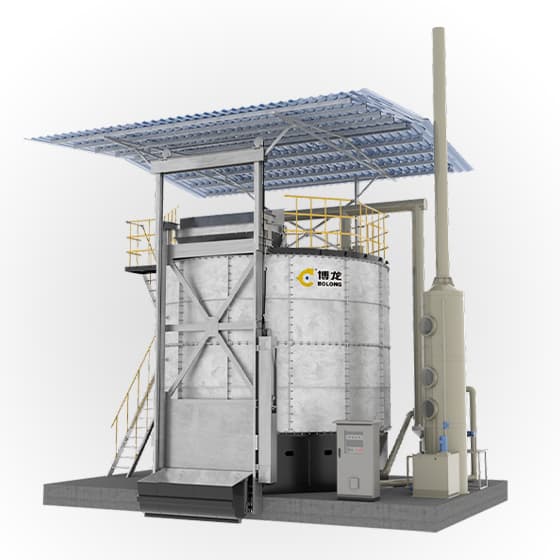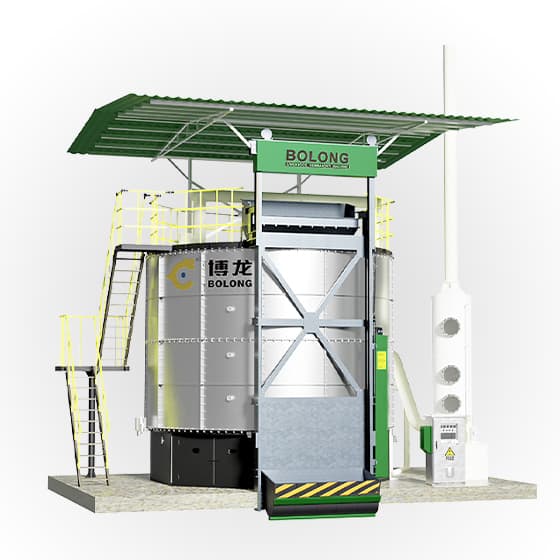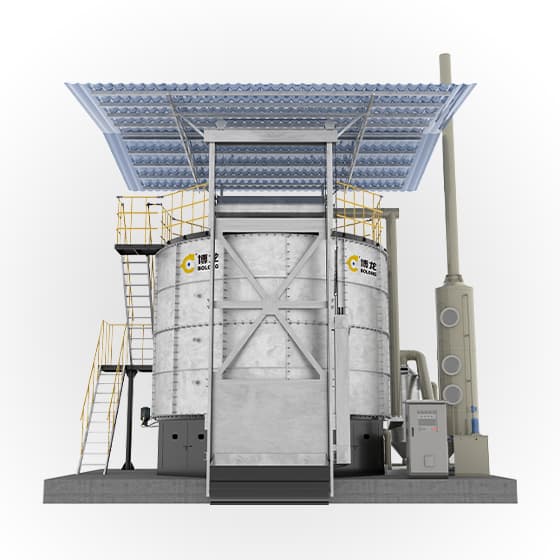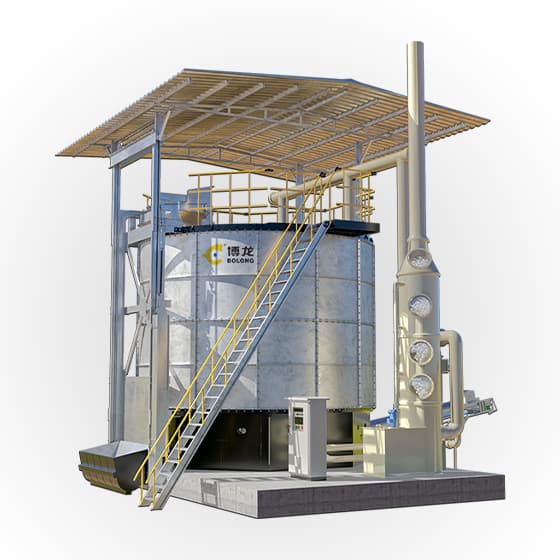7 Innovative Initiatives in Waste Management and
Exploring agricultural waste biomass for energy, food and feed
2022/9/1/ · Science led agri- waste management to reduce environmental pollution. Aerobic composting gives high-quality mature compost as a final product that is used as a source of nutrients in the field ... (CHP) application systems. Any process design with efficient and low-cost techniques should be developed keeping the multiuse option in view.
Reducing Our Ecological Footprint: Effective Waste
Circular Economy Principles: Shifting Towards Sustainable
2024/2/8/ · Recycling plays a pivotal role in the Circular Economy, where materials are collected and reprocessed into new products. Effective recycling programs help conserve valuable resources, reduce waste, and minimize the environmental impact of manufacturing processes (Hegab et al., 2023).Adopting recycling and material recovery practices is essential for a
Potential Policy and Community Implications of Equitable Organic
2023/11/15/ · Background: Urban organic waste diverted from landfills for use as compost feedstock may help mitigate and adapt to the effects of our changing climate. Yet, compost produced from urban food and yard waste is often a source of contaminants harmful to human and environmental health. Efforts by multiple municipalities are increasing residential and
high-speed composting system to minimize enviromental pollution
Does high-speed rail reduce environmental pollution? Establishment 2022/10/1/ · Does high-speed rail reduce environmental pollution? high-speed composting system to minimize enviromental pollution . Position : ... High-speed rail development and urban environmental efficiency . 2020/9/1/ · High-speed rail (HSR) is one of the most ...
Reducing Our Ecological Footprint: Effective Waste Management
2024/9/21/ · Examples of Composting Programs. Community Composting: Some municipalities offer compost collection services or set up community composting hubs where residents can drop off food scraps. Farm and Agricultural Composting: Farms often compost crop residues, manure, and food processing waste to create nutrient-rich amendments for their soil.
Sustainable options for fertilizer management in agriculture to
2023/3/21/ · Synthetic fertilizers have been revolutionary in the way that the increased production of food crops has increased as a result of the application of synthetic fertilizers. Despite the fact that global N, P, and K consumption have increased from 64.9, 25.9, and 18.2 kg/ha in the year 2000 to 85.5, 33.2, and 20.4 kg/ha, respectively, they are still relatively low.
Environmental waste management strategies and vermi
2023/12/1/ · Implementing a circular economy approach in waste management is essential. By minimizing waste generation, promoting recycling and reuse, and recovering valuable resources from waste, a circular economy model can reduce environmental harm and create a more sustainable and resource-efficient system.
Composting | Blong - U.S. Environmental Protection
Organic cropping systems balance environmental impacts and
2024/10/26/ · Organic systems used 92% less pesticides and 76% less mineral nitrogen than conventional systems. Nitrogen use efficiency, that also considers biological nitrogen fixation, was above 85% for all
efficient compost tank factory to minimize enviromental pollution
From Waste to Resource: The Engineering Behind Composting Systems. The engineering behind a composting system is critical to optimizing the process, ensuring it is efficient, environmentally friendly and scalable to meet the needs of both small and large-scale operations. Composting Toilets for a Sustainable Future - HomeBiogas
Waste Management and Circular Economy | SpringerLink
2024/1/1/ · Meanwhile, the latter seeks to create sustainable products, reduce waste, and increase efficiency to address environmental, economic, and social challenges. In a circular economy, the principles of designing out waste and pollution, keeping products and materials in use, and regenerating natural systems are essential.
Environmental Pollution
From Waste to Resource: The Engineering Behind Composting
The journey from waste to resource through composting is significantly enhanced by engineering principles applied in the design and operation of composting systems. From small bucket composters to large industrial facilities, engineering plays a key role in advancing composting …
-

For fermentation of animal manure into organic fertilizer
Manure Fertilizer Fermentation Tank -11FFG-280 -

For fermentation of animal manure into organic fertilizer
Manure Fertilizer Fermentation Tank -11FFG-160 -

For fermentation of animal manure into organic fertilizer
Manure Fertilizer Fermentation Tank -11FFG-90 -

For fermentation of animal manure into organic fertilizer
Manure Fertilizer Fermentation Tank -11FFG-102